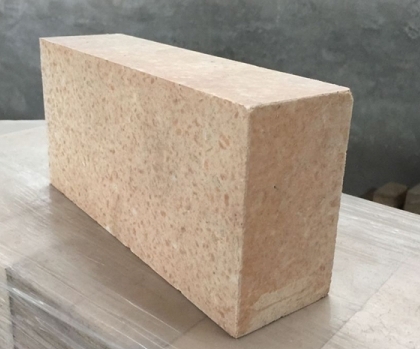- 15
- Oct
Factors affecting the service life of refractory bricks in gasifier
Factors affecting the service life of refractory bricks in gasifier
In actual production and operation, the factors that affect the service life of refractory bricks for gasification furnaces can be divided into three categories: thermal stress shear extrusion, molten ash washing and chemical reaction erosion.
1, thermal stress shear extrusion
During the startup, shutdown and drying process of the gasifier, due to the different temperature rise and cooling rates of the refractory bricks during the heating or cooling process of the gasifier, relative displacement occurs. The thermal expansion of the refractory bricks causes the shearing and squeezing between the refractory bricks. Pressure, causing surface cracks, refractory bricks and even partial surface peeling. These cracks provide channels for the penetration of molten ash.
2, molten ash erosion
During the operation of the gasifier, a large amount of high-temperature molten ash and slag carried by high-speed air flow will cause strong wear and erosion on the surface of the refractory brick, resulting in the gradual wear and thinning of the surface of the refractory brick.
3, chemical reaction corrosion
During the operation of the gasifier, the liquid silicon dioxide, aluminum oxide, titanium oxide, potassium oxide, sodium oxide and other impurities in the high temperature molten ash enter the depth of the refractory brick through the surface cracks and cracks of the refractory brick, and pass through the pores of the refractory brick. Penetrate into the interior of refractory bricks. The chemical reaction between the low melting point material and the refractory brick body is gradually formed, which reduces the strength, hardness and high temperature resistance of the refractory brick.

